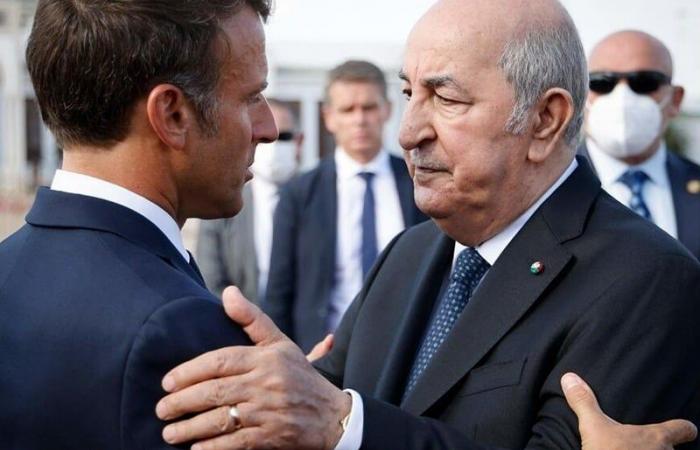
Algeria capitulated to Spain. Its attempts at economic and diplomatic pressure proved unsuccessful two years after Madrid’s turn on the Sahara issue which recognized Morocco’s sovereignty over the territory subject to a regional dispute. Today, Algiers is trying to do the same thing with France.
On March 14, 2022, the head of the Spanish government Pedro Sánchez wrote a letter addressed to King Mohammed VI affirming that “Spain considers the Moroccan autonomy initiative as the most serious, realistic and credible basis for resolving the dispute” in the Sahara.
Since then, relations between Morocco and Spain have experienced a historic improvement, never seen before. The former colonial power in the Sahara recognized that the territory belonged and belongs to Morocco. This turnaround provoked the ire of Algeria, which immediately triggered a diplomatic crisis by recalling its ambassador and began a pressure strategy using restrictive measures in order to make Madrid change its position.
The Algerian government has not hidden its intentions behind its retaliatory measures targeting Spain, but two years later, it is clear that none of these attempts have found an echo among the Spanish authorities. Spain’s new position on the subject of the Sahara does not come only from the current government but it is a state position.
Algiers, which was the first to suffer the horrors of its own trap, was initially obliged to “lower your head” and to record the return of its ambassador to Madrid and then to make exceptions to its import and export bans with Spain, particularly in terms of the import of medicines, equipment, and poultry.
This week, Algeria decided to completely reverse its decision seeing that the situation was not going to change and that its pressures did not bear fruit. Algiers, which refuses to admit to the UN that it is a party to the conflict around the Sahara, has therefore lifted all commercial and banking restrictions imposed on Spain following its position in favor of Morocco.
On Wednesday, the Algerian Central Bank ordered banking entities to“operate in accordance with regulations” in force in foreign trade with Spain to unblock the restrictive measures.
“Under current foreign exchange regulations, approved intermediary banks must ensure the regularity of the foreign trade and foreign exchange transactions they process”indicated a note sent by the Central Bank to the general directors of Algerian banks.
According to the same source, “approved intermediary banks should note that bank domiciliation operations for foreign trade operations from and to Spain must be processed in accordance with the exchange regulations in force”.
Algiers is trying the same scenario with Paris
And while Algeria reverses its restrictive and punitive decisions targeting Spain after two years of crisis which will have changed nothing in relations between Madrid and Rabat, nor on the position of principle on the Sahara, now it is France which is now targeted by the same measures.
Even seeing that this strategy of retaliation has not given the expected results, Algeria is still trying the same formula with France. Last July, French President Emmanuel Macron showed his support and that of France for the Moroccan autonomy plan in the Sahara as the “single basis” to resolve the conflict. This caused a new diplomatic crisis opened by Algeria.
The Algerian government went a step further by withdrawing its ambassador from Paris instead of recalling it and the state visit to France, so desired by Algerian President Abdelmadjid Tebboune, was canceled.
In October, Algeria excluded French wheat from its calls for tenders which were to supply the country with 500,000 tonnes of cereals, a drop of 80% of what Algeria ordered a year ago.
This time, Algiers also blocked automatic debits for commercial exchanges with France from November 5, according to a note from the Algerian Professional Association of Banks and Financial Institutions (Abef) addressed to Algerian banks.
Although no official note has yet been published on this subject, the former French ambassador to Algeria, Xavier Driencourt, confirms this decision. According to a post by Xavier Driencourt on the social network “thanks” France by blocking bilateral trade. “We are decidedly blind,” he commented.





